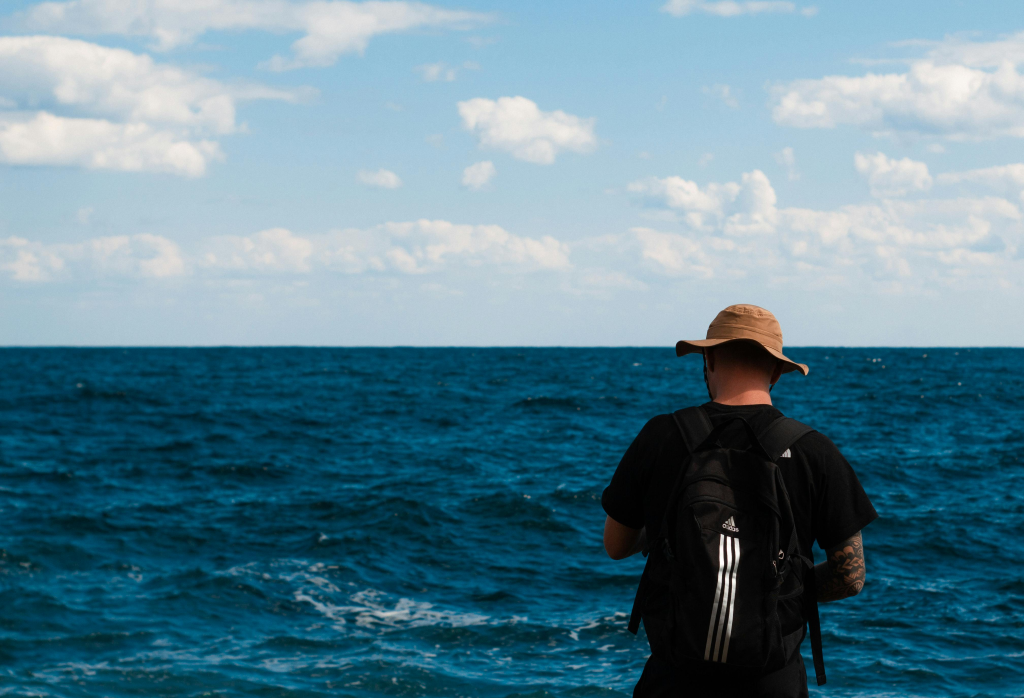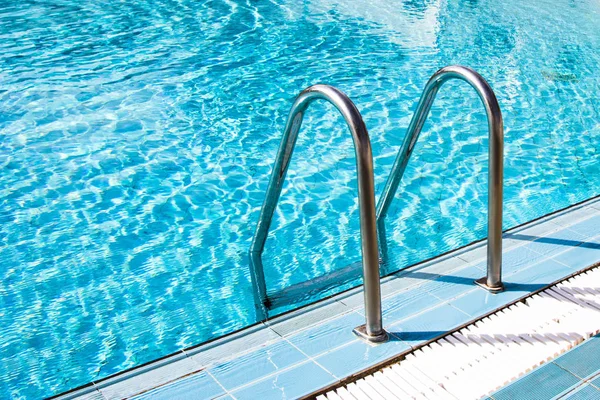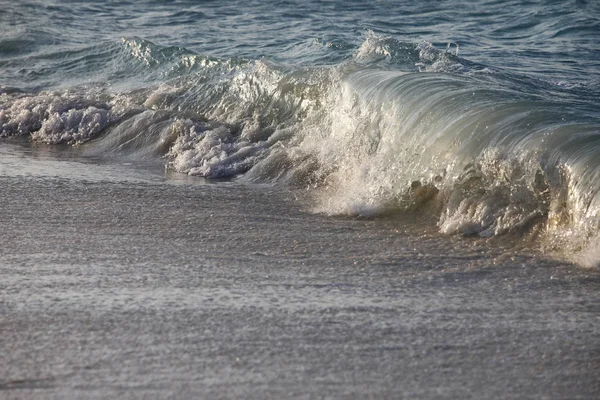
“Is as close to another world as we get,” wrote poet Anne Stevenson. For some, that world is one of enchantment. For others, it’s a place of great discomfort particularly when the water runs into darkness and mystery. It’s not just that you don’t know how to swim; it’s what is down there, both in the ocean and in the mind.

Psychologists label it thalassophobia: an intense, lingering fear of deep bodies of water. But that’s where it gets interesting it’s not usually about the water itself. Specialists like Dr. Brandy Smith, Ph.D., a licensed psychologist with a focus on anxiety and coping strategies, explain that the fear tends to reflect deeper personality traits and sensitivities that influence the way a person copes with life. Kind of like a personality profile written in waves and currents.
From an increased desire for control to an ability to sense potential threats, these characteristics can both defend and confine. Here is what psychology and science have to say about the individuals who keep their feet firmly on land.

1. A Deep Need for Clarity and Control
Individuals who fear deep water tend to have a need for visibility in all ways. In a pool, they’ll remain where they can observe the bottom. In life, they like things with determinable results and known steps. Dr. Smith points out this is part of a larger aversion to what is unknown, not necessarily the depths of water.
This control-driven appears in daily decisions: reading entire movie storylines prior to viewing, researching restaurants intensely, or skipping functions without an established plan. While this helps them be fine planners, it also curtails their ability to take risks that could bring unanticipated delight.

2. Avoidance as a Coping Strategy
Avoidance is characteristic of most phobias, and thalassophobia is no different. For some, this involves staying away from beaches, boats, or even movies that have scenes underwater. Dr. Smith discusses that although avoidance may serve to reduce anxiety in the short term, it also can minimize an individual’s world, isolating them from experiences that might be safe and enjoyable.
The habit tends to spill over beyond water avoiding social gatherings, vacations, or other possibilities that hold even a suggestion of felt peril. With time, this self-defense becomes isolation.

3. A Vivid Catastrophic Imagination
While others view peaceful waves, they perceive high-definition disaster montages upturned vessels, hidden predators, unexpected storms. This is not mere pessimism; it’s an automatic mental tendency to play out worst-case scenarios.
Curiously, this cognitive ability can be a plus when evaluating risk and planning for emergencies. But with a price tag: the inability to really unwind when others find relaxation in a situation. As Dr. Smith observes, an exaggerated imagination also has a tendency to carry over into other areas, fueling “yes, but” thinking that works against reassurance.

4. Sensory Sensitivity on High Alert
Deep water overwhelms the senses changes in pressure, dulled noise, altering temperatures. For high sensory-processing sensitivity individuals, as reported in studies of anxiety and temperament, this will be unnerving. Crowds, loud noises, and unexpected sensory changes tend to cause similar discomfort.
They prefer structured environments and can take longer to adapt to new sensory stimuli. This increased sensitivity can result in them being extremely perceptive of their environment, but it also makes environments such as the ocean feel like sensory overload.

5. Strong Personal Boundaries
Being underwater in deep water can be akin to the ultimate violation it envelops and presses in from every direction. Those with this fear often have tight psychological and physical boundaries in their everyday lives, keeping their personal space and privacy safeguarded.
Being conscious of boundaries can insulate against toxic relationships and over-engagement. But when it spills over into stiffness, it can become more difficult to cooperate, be intimate, or adjust.

6. Fear of Trusting Safety Precautions
Dr. Smith observes that some people with deep-water fears resist believing in consistent safety life vests, trained lifeguards, or calm conditions are seen as luck rather than reliability. This stubbornness can make it harder to ease into safe water experiences, and the mindset can spill into other areas, like distrusting safety protocols at work or in travel.
Though skepticism may guard against complacency, it may also short-circuit the development of confidence through gentle, guided exposure.

7. Instinctive Radar for Concealed Peril
Possibly the most interesting characteristic is a heightened sensitivity to what’s “off.” This’s not paranoia it’s improved pattern identification. Just as they’re sensitive to unseen currents or animals, they tend to detect subtle social nuance, unspoken tension, or dangerous dynamics in other contexts.
Studies of intuition, like research demonstrating how unconscious emotional signals can lead to quicker, more accurate judgments, substantiate the possibility of this radar being real and useful. It’s something that can shield them and others although it might also keep them on constant guard.

Apprehension of deep water might never fully go away for some, but that’s all right. These characteristics clair-seeking, sensory sensitivity, intuitive threat recognition can be assets when balanced with openness to experience. As Dr. Smith reminds us, knowing the sources of fear is the initial move toward being able to control it. Whether someone wants to wade in gradually or remain on dry land, learning about these patterns can shift a restrictive phobia into greater self-knowledge and that’s a wave worth riding.


